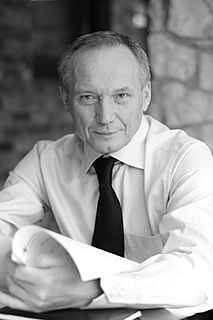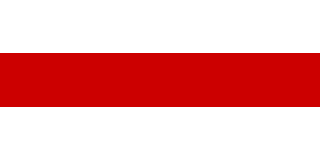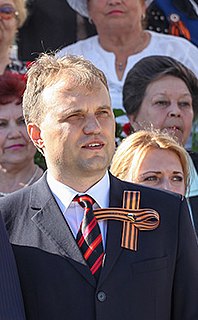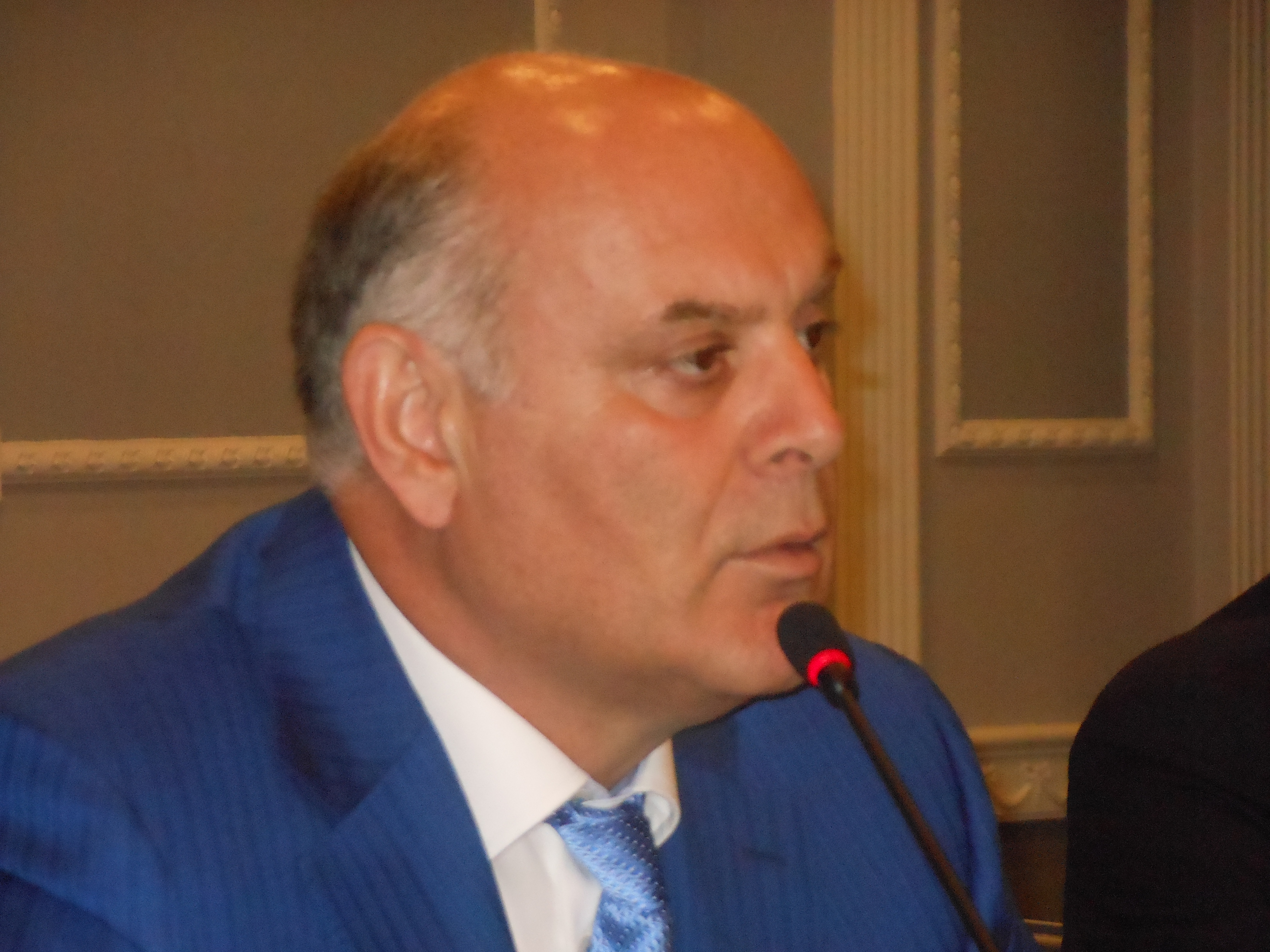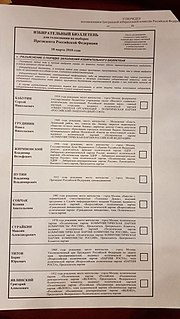| |||||||||||||||||
| |||||||||||||||||
| |||||||||||||||||
| |||||||||||||||||
A presidential election was held in Belarus on 19 December 2010. [1] The election was originally planned for the beginning of 2011. However, the final date was set during an extraordinary session of the National Assembly of Belarus on September 14, 2010. [2]

The National Assembly of the Republic of Belarus is the bicameral parliament that governs Belarus. The two chambers of the National Assembly are:

Belarus, officially the Republic of Belarus, formerly known by its Russian name Byelorussia or Belorussia, is a landlocked country in Eastern Europe bordered by Russia to the northeast, Ukraine to the south, Poland to the west, and Lithuania and Latvia to the northwest. Its capital and most populous city is Minsk. Over 40% of its 207,600 square kilometres (80,200 sq mi) is forested. Its major economic sectors are service industries and manufacturing. Until the 20th century, different states at various times controlled the lands of modern-day Belarus, including the Principality of Polotsk, the Grand Duchy of Lithuania, the Polish–Lithuanian Commonwealth, and the Russian Empire.
Contents
- Historical background
- Presidential candidates
- Lukashenko
- Official registration information
- Campaign
- Opinion polls
- Death of Aleh Byabenin (Oleg Bebenin)
- Monitors
- Election
- Protests and crackdown
- Censorship, raids
- Arrests
- Aftermath
- Reactions
- Analysis
- New government
- References
- External links
Of the ten candidates, incumbent President Alexander Lukashenko was declared the winner by the Central Election Commission with 79.67% of the votes. Andrej Sannikaŭ (Andrei Sannikov) received the second-highest percentage. [3] [4] After a protest was violently suppressed by riot police the night after the election, [5] hundreds of protesters and seven presidential candidates were arrested by the KGB – including runner-up Sannikaŭ. [6]

Alexander Grigoryevich Lukashenko is a Belarusian politician serving as President of Belarus since the office was created on 20 July 1994. Before launching his political career, Lukashenko worked as director of a collective farm (kolkhoz) and spent time with the Soviet Border Troops and the Soviet Army. He was the only deputy to vote against the independence of Belarus from the Soviet Union.

The Central Election Commission of the Republic of Belarus is the body responsible for conducting national elections and overseeing local elections in Belarus.
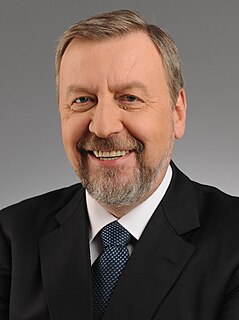
Andréi Olégovich Sánnikov is a Belarusian politician and activist. In the early 1990s, he headed the Belarusian delegation on Nuclear and Conventional Weapons Armament Negotiations, also serving as the Belarusian diplomat to Switzerland. From 1995 to 1996, he served as Deputy Foreign Minister of Belarus, resigning as a form of political protest. He co-founded the civil action Charter 97, and was awarded the Bruno Kreisky Prize in 2005.
Western countries decried the election as a farce and an egregious affront to democracy and human rights. The United States and the European Union called for the release of all imprisoned former candidates, but took no further action except a travel ban on Lukashenko. By contrast, countries such as Syria, [7] China, [7] Vietnam, [7] and Russia [8] congratulated the re-elected incumbent.

The Western world, also known as the West, refers to various nations depending on the context, most often including at least part of Europe, Australasia, and the Americas, with the status of Latin America in dispute. There are many accepted definitions, all closely interrelated. The Western world is also known as the Occident, in contrast to the Orient, or Eastern world.

The United States of America (USA), commonly known as the United States or America, is a country composed of 50 states, a federal district, five major self-governing territories, and various possessions. At 3.8 million square miles, the United States is the world's third or fourth largest country by total area and is slightly smaller than the entire continent of Europe's 3.9 million square miles. With a population of over 327 million people, the U.S. is the third most populous country. The capital is Washington, D.C., and the largest city by population is New York City. Forty-eight states and the capital's federal district are contiguous in North America between Canada and Mexico. The State of Alaska is in the northwest corner of North America, bordered by Canada to the east and across the Bering Strait from Russia to the west. The State of Hawaii is an archipelago in the mid-Pacific Ocean. The U.S. territories are scattered about the Pacific Ocean and the Caribbean Sea, stretching across nine official time zones. The extremely diverse geography, climate, and wildlife of the United States make it one of the world's 17 megadiverse countries.

The European Union (EU) is a political and economic union of 28 member states that are located primarily in Europe. It has an area of 4,475,757 km2 (1,728,099 sq mi) and an estimated population of about 513 million. The EU has developed an internal single market through a standardised system of laws that apply in all member states in those matters, and only those matters, where members have agreed to act as one. EU policies aim to ensure the free movement of people, goods, services and capital within the internal market, enact legislation in justice and home affairs and maintain common policies on trade, agriculture, fisheries and regional development. For travel within the Schengen Area, passport controls have been abolished. A monetary union was established in 1999 and came into full force in 2002 and is composed of 19 EU member states which use the euro currency.
 |
|---|
| This article is part of a series on the politics and government of Belarus |









